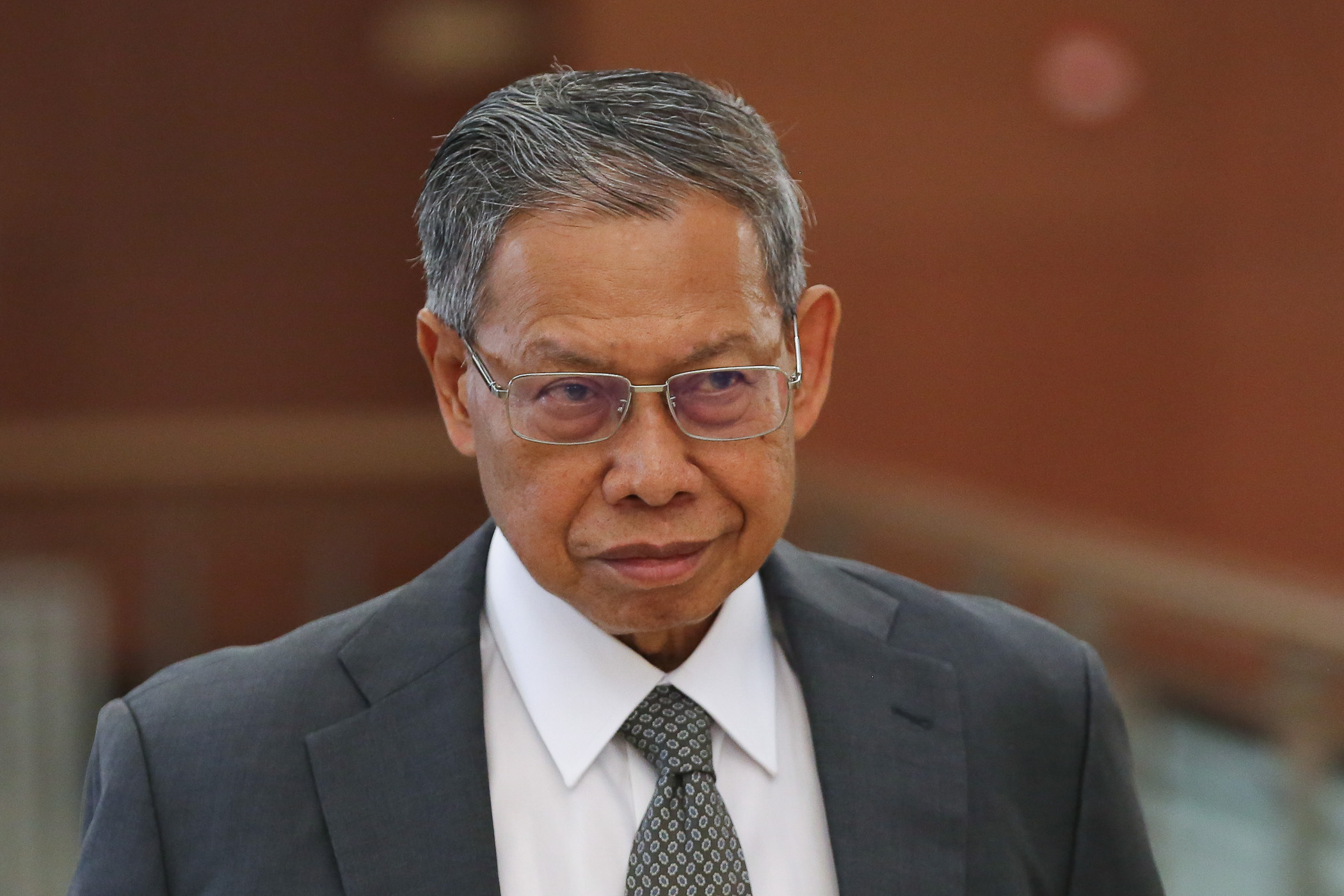
KUALA LUMPUR, Dec 3 — Propagating the use of natural gas as a transitional fuel while accelerating the adoption of renewable energy and encouraging energy conservation as a medium to long-term development could be a viable solution to the worrying effects of climate change.
Minister in the Prime Minister’s Department (Economy) Datuk Seri Mustapa Mohamed said due to the inherent intermittency of renewable resources, the power generation mix requires a fast-firing load-balancing fuel to mitigate fluctuating supply.
“The pace of energy transition in South-east Asia, specifically the adoption of cleaner energy and electrification of vehicles, is expected to quicken in the wake of the Covid-19 pandemic.
“Lockdowns across the region, while aimed at breaking the chain of Covid-19 transmission, have abated the effects of climate change, decreasing carbon emissions by 17 per cent, and bringing more urgent attention to the need for cleaner energy sources,” he said in his opening speech at the virtual seventh International Energy Forum-International Gas Union Ministerial Gas Forum today.
Elaborating further, Mustapa said the energy sector has been affected by lockdowns globally, which saw global energy demand declining by 30 per cent, as measures against the pandemic grounded planes, limited vehicle usage, and forced businesses and schools to close.
“Notwithstanding the pandemic situation we have, the ongoing energy transition poses its own set of challenges to the natural gas industry.
“These are some of the factors to consider in finding and implementing the optimal energy mix, to balance the energy trilemma of affordability, security and sustainability,” he added.
Despite the declining energy demand this year, the International Energy Agency predicted that global gas demand will rebound in 2021, with Asia leading the demand growth in the years to come, as emerging markets in the region recover and benefit from attractive gas prices.
“In light of this projection, energy security concerns are on the rise as indigenous fossil fuels are depleted or unable to meet the growing demand.
“Ensuring the security of fuel supply for long-term energy infrastructure is a high priority for the ASEAN region, with some net exporting countries already supplementing their current production with liquefied natural gas (LNG) imports, exposing them to significant geopolitical and market risks,” Mustapa said.
To facilitate LNG imports, a conducive investment ecosystem, underpinned by government policy support, is essential for the provision of necessary infrastructure, namely regasification facilities and pipelines, he added.
Malaysia will undertake a study on its National Energy Policy to determine long-term strategies surrounding the national energy sector.
“This study will address the challenges faced by the energy sector, and identify new growth opportunities while taking into account energy transition trends in balancing the energy trilemma.
“Malaysia is determined to play an active role in global gas advocacy and participate in charting its future direction,” he said. — Bernama


















